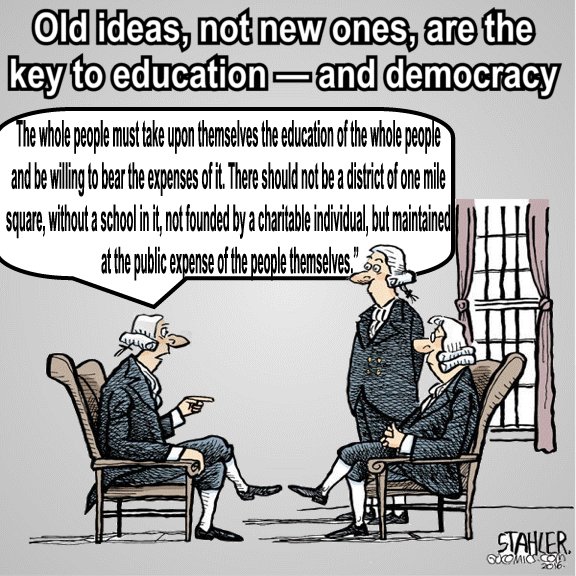An analysis of spending in U.S. public schools reveals dozens of districts — many with large Latinx enrollments — that are underfunded compared to other districts in their region, even though they serve children with much greater needs.
When analyzing questions of fairness in local education spending, it’s important to understand that the value of the education dollar is relative. It doesn’t just matter how much money, in total, a school district spends but also how that figure compares to spending in nearby districts. After all, schools in the same area must compete with each other for employees. The district that spends $15,000 per pupil will have a harder time hiring and retaining the area’s highest-quality teachers and staff than will the neighboring district that spends $20,000. Moreover, each dollar will go further in districts that serve relatively affluent students than in those that serve large numbers of students from low-income backgrounds, who tend to need more (and more expensive) services.
Several years ago, one of us (Bruce Baker) set out to identify public school districts that face this kind of competitive disadvantage — more specifically, districts where the students face greater needs than in surrounding districts (i.e., child poverty is more than 20% higher) but where per-pupil spending is less than 90% of the region’s average.
At the time, a number of national reports had just been published comparing the overall fairness of states’ school finance systems (Baker & Corcoran, 2012; Baker, Sciarra, & Farrie, 2014). But studies were also beginning to show a lot of variation within states. Even in those states that appeared to have relatively well-funded and equitable school finance systems, some districts were being left out. And that raised the question: Did those districts have something in common?
The answer turned out to be yes. Those districts where students’ needs were greater but the schools were relatively under-resourced were disproportionately located in smaller cities that served high CONTINUE READING: The underfunding of Latinx-serving school districts - kappanonline.org




